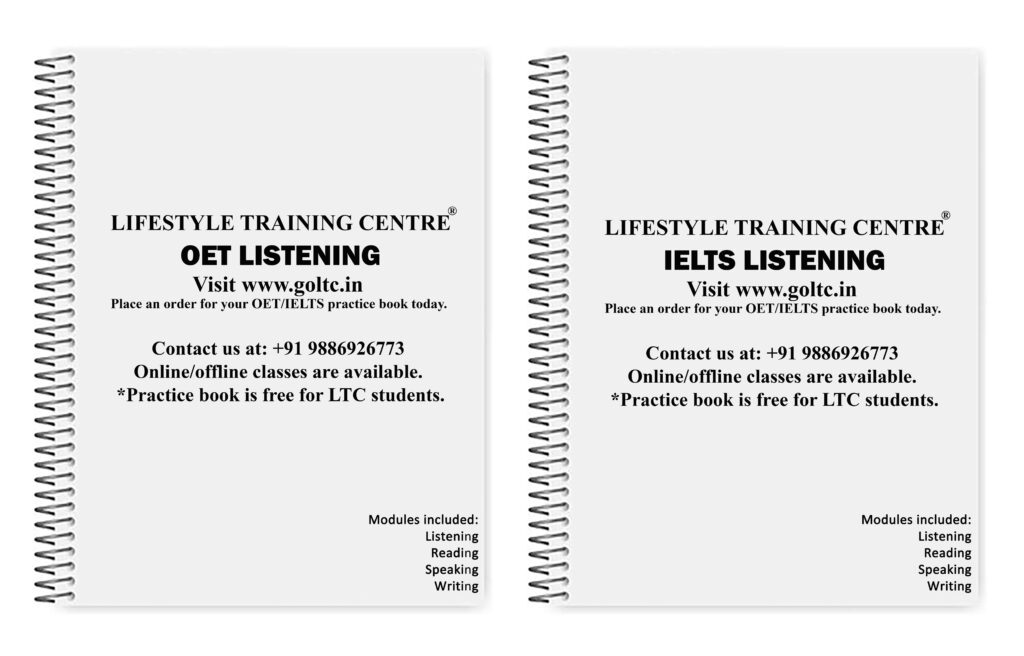Q:19. Is it more beneficial for individuals to pursue higher education or enter the workforce after completing secondary school? Justify your response.
Model answer by Lifestyle Training Centre
In the dynamic landscape of post-secondary education and career choices, the decision between pursuing higher education and entering the workforce straight after secondary school is pivotal. While both paths have merits, prioritising the completion of academic studies before embarking on professional endeavours can yield manifold benefits, shaping individuals into well-rounded contributors to society.
Primarily, dedicating early years to education capitalises on the cognitive prime of youth. Scientifically, cognitive development peaks during adolescence and young adulthood, rendering this phase optimal for absorbing complex knowledge and fostering critical thinking skills. This was exemplified by luminaries, for example: Abdul Kalam, whose early academic pursuits laid the groundwork for ground-breaking achievements. By seizing this developmental window for higher education, individuals can harness their intellectual potential to its fullest extent, thereby enhancing their capacity for innovation and problem-solving in future professional roles.
Moreover, the competitive nature of contemporary job markets underscores the importance of holding advanced degrees. In an era characterized by rapid technological advancement and globalization, specialized knowledge and skills are increasingly valued by employers seeking to stay ahead in their respective industries. For instance, a study by the OECD revealed that individuals with tertiary education are more likely to secure employment and command higher salaries than their counterparts with only secondary education. By investing in higher education early on, individuals equip themselves with the specialized expertise demanded by employers, positioning themselves as indispensable assets in the workforce.
In conclusion, prioritising higher education over immediate entry into the workforce after secondary school provides unmatched long-term benefits. By leveraging youth’s cognitive prime and gaining a competitive edge in job markets, individuals develop the intellectual acumen and specialised expertise crucial for success in today’s complex world. Therefore, governments and educational institutions should uphold and promote access to higher education as a cornerstone of individual empowerment and societal advancement.
Vocabulary used:
- Dynamic – constantly changing or evolving
- Post-secondary education – education beyond the level of secondary schooling, typically referring to college or university education
- Pivotal – of crucial importance; central
- Merits – the inherent advantages or qualities of something
- Prioritizing – giving greater importance or precedence to something
- Manifold – many or various; multiple
- Well-rounded – possessing a broad range of knowledge, skills, and experiences
- Cognitive – relating to the processes of thought, perception, and understanding
- Adolescence – the transitional period between childhood and adulthood, typically characterized by physical, emotional, and cognitive changes
- Critical thinking – the ability to analyze, evaluate, and synthesize information logically and rationally
- Luminaries – distinguished or renowned individuals in a particular field
- Groundbreaking – pioneering or innovative; setting a new precedent
- Harness – to utilize or control something for a particular purpose
- Innovation – the introduction of new ideas, methods, or products
- Problem-solving – the process of finding solutions to complex or difficult issues
- Contemporary – existing or occurring in the present time
- Globalization – the process of increasing interconnectedness and interdependence among countries and regions economically, culturally, and politically
- Tertiary education – education beyond secondary schooling, typically referring to higher education such as college or university
- Specialized – focused on a specific area or field of study or expertise
- OECD – Organization for Economic Cooperation and Development, an international organization focused on promoting economic growth and development
- Indispensable – essential or necessary; cannot be done without
- Assets – valuable resources or qualities that contribute to success or effectiveness
- Uphold – to support or maintain
- Empowerment – the process of enabling individuals or communities to take control of their own lives and circumstances
- Societal – relating to society as a whole
- Advancement – progress or improvement, especially in a social or intellectual context.
IELTS Speaking Task Topics
Click on any topic to explore more!
Names

Learn about the importance of names and their cultural significance.
Study / Job

Discuss various aspects of studying and working in different fields.
Hometown

Explore the charm of your hometown and its unique features.
Accomodation

Understand various types of accommodation and living situations.
Weather

Learn about how weather influences daily life and activities.
Time

Discuss the concept of time, its importance, and time management.
Television

Talk about the role of television in modern entertainment.
Museum

Discuss the cultural importance of museums and historical exhibits.
Holidays

Explore the significance of holidays and different celebrations.
Films

Learn about the impact of films on culture and society.
Leisure Time

Discuss how leisure activities impact personal well-being.
Sport

Talk about the role of sports in health, entertainment, and culture.
Vegetables and Fruits

Discuss the health benefits and importance of fresh produce.
Maths

Explore the role of mathematics in various aspects of life.
Sky

Discuss the beauty and scientific significance of the sky.
Clothes&Fashion

Explore how clothing reflects culture and personal expression.
Weekend

Discuss the importance of weekends and ways people relax.
Reading

Learn about the importance of reading and various reading habits.
Sleep

Explore how sleep impacts physical and mental well-being.
Trees&Plants

Discuss the environmental and health benefits of plants.
Newspaper

Discuss the evolving role of newspapers in the digital age.
Texting

Explore the role of text messaging in modern communication.
Memorising

Learn techniques for improving memory and memorization.
Travelling

Discuss the importance and impact of traveling in modern society.
Communication

Explore the modes and significance of communicating well
Letter&Email

Explore the differences and significance of letters vs. emails.
Swimming

Discuss the benefits of swimming for health and fitness.
Snacks

Explore the role of snacks in daily nutrition and lifestyle.
Photography

Discuss photography’s cultural and artistic significance.
Help

Talk about the importance of offering and receiving help.
History

Discuss historical events and their impact on modern society.
Handwriting

Explore the significance of handwriting in education and culture.
Music

Learn about the influence of music on emotions and society.
Colours

Discuss how colours affect perception and mood.
Teachers

Explore the role of teachers in shaping students’ futures.
Being Alone

Talk about the experience and benefits of spending time alone.
Teamwork

Learn the importance of teamwork in professional and social contexts.
Countryside & City

Explore the charm and benefits of living in the countryside.
Social Media

Discuss the impact of social media on society and relationships.
Friends

Explore the importance of friendships in life.
Artificial Intelligence (AI)

Talk about the future of AI and its role in society.
Climate Change

Discuss the causes and consequences of climate change.
Transportation

Explore different modes of transportation in your area.
Sustainable Transportation

Explore ways to make transportation more environmentally friendly.
Space Exploration

Learn about the latest advancements in space exploration.
Shopping

Explore how shopping influences culture and the economy.
Modern Technology

Discuss how modern technology is reshaping society.
Technology

Learn about the role of technology in everyday life.
Sustainable Living

Explore ways to live sustainably for the future of the planet.
Globalisation

Learn about the effects of globalisation on society and economies.
Global Warming

Discuss the causes, effects, and solutions to global warming.
Gender Equality

Explore the importance of gender equality in modern society.
Health and Fitness

Discuss the importance of maintaining a healthy lifestyle.
Renewable Energy

Learn about renewable energy sources and their impact on the environment.
Cultural Traditions in Kerala

Explore the unique cultural traditions of Kerala, your hometown.
Cultural Traditions in Your Country

Learn about the cultural traditions in your country.
Education System

Discuss the education system in your country and its effectiveness.
Traditional Cuisine

Explore the significance of traditional cuisines in your culture.
Do you need printed IELTS/ OET practice material? Place your order today. Available now for just Rs: 1,100 (including shipping all across India) Contact us at our WhatsApp number: +91 9886926773 to place your order. (Free for LTC students)

We hope this information has been valuable to you. If so, please consider a monetary donation to Lifestyle Training Centre via UPI. Your support is greatly appreciated.

Would you like to undergo training for OET, PTE, IELTS, Duolingo, Phonetics, or Spoken English with us? Kindly contact us now!
📱 Call/WhatsApp/Text: +91 9886926773
📧 Email: mail@goltc.in
Visit us in person by following the directions on Google Maps. We look forward to welcoming you to the Lifestyle Training Centre.
Follow Lifestyle Training Centre on social media:
Thank you very much!
